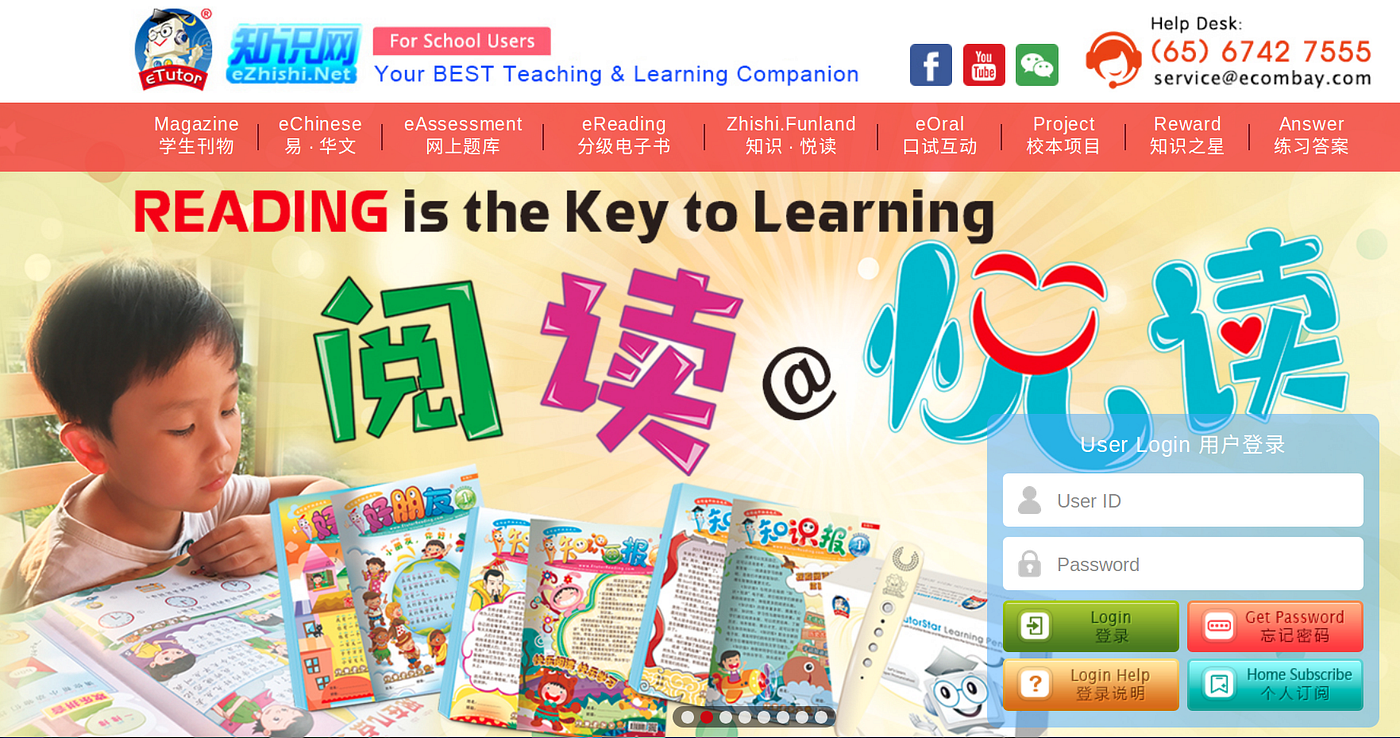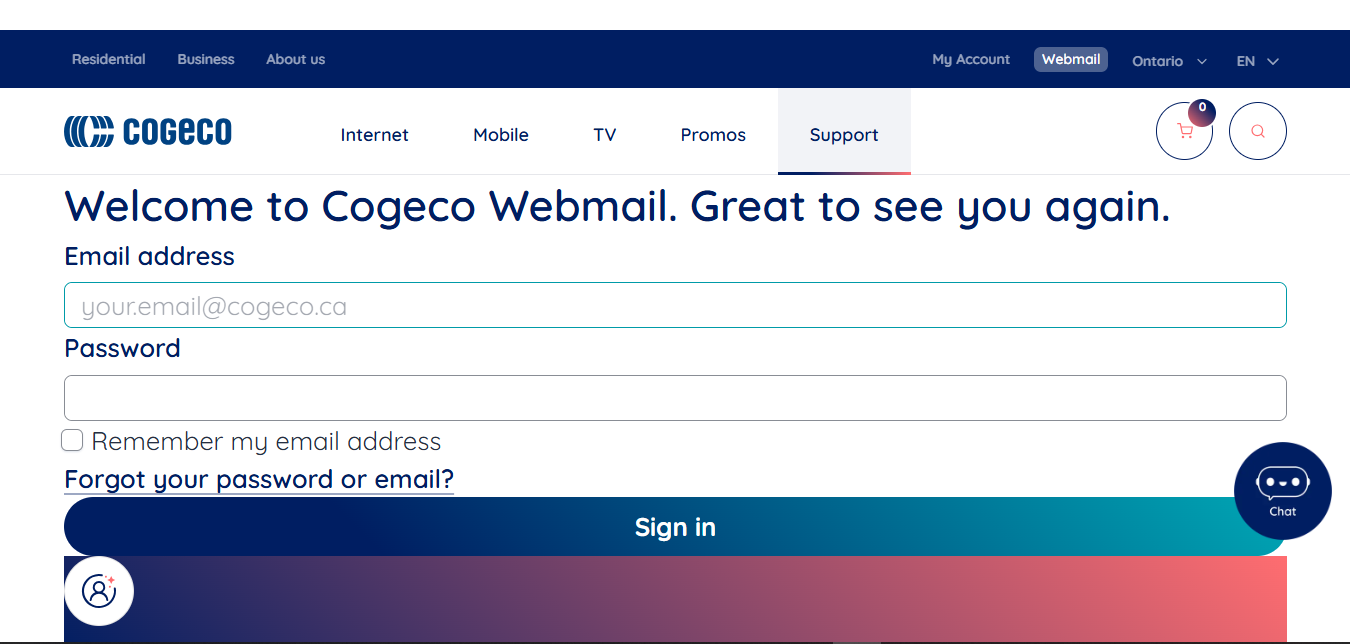Proper school record management is the backbone of efficient administration and successful school operations. This guide explores essential school statutory records every educational institution needs to maintain to meet compliance, improve accountability, and ensure smooth management. Designed for proprietors, administrators, and educators, this article introduces the most comprehensive guide on the web for school data organization, recordkeeping techniques, and compliance tips, helping your institution stand out as a model of excellence.
Comprehensive List of School Records and Their Strategic Uses
These school statutory documents should be prioritized for your school to excel in regulatory compliance, gain public trust, and stay ahead of the competition. Each record not only meets basic legal requirements but also enhances strategic decision-making for your institution’s growth.
-
Admission, Progress, and Withdrawal Register: A Core School Management Tool
This register contains vital details about every student, such as:
- Full student biodata (e.g., name, date of birth, origin).
- Academic history (e.g., admission date, transfer details).
- Reasons for withdrawal or transfer.
The benefits are in school enrollment management, student biodata records, academic tracking tools.
Strategic Uses:
- Efficient Data Retrieval: Enables quick access to school population statistics for reporting and decision-making.
- Parent Communication: Stores parent/guardian contact information for emergencies and event invitations.
- Guidance and Counseling: Offers a basis for advising students on academic or behavioral concerns.
- Growth Analysis: Tracks the school’s numerical and academic growth trends for long-term planning.
-
Attendance and Fee Registers: Tracking Student Engagement and Payments
This register helps track daily attendance, late arrivals, and tuition payments. Entries typically include:
- Student names, admission numbers, attendance patterns, and fee payment history.
The beauty are in attendance tracking system, student payment records, reducing truancy in schools.
Strategic Uses:
- Identifies students with frequent absences or lateness, enabling targeted interventions.
- Detects fee defaulters and assists in communication with parents about outstanding payments.
- Promotes accountability in both academic and financial matters.
-
School Logbook: Documenting Milestones and Achievements
The logbook is a chronological record of significant events, such as:
- Visits by government officials, inspectors, or key stakeholders.
- Achievements in academic and extracurricular competitions.
The benefits are in the school milestone tracker, event documentation in schools, recording achievements.
Strategic Uses:
- Provides verifiable evidence of the school’s accomplishments.
- Enhances the school’s reputation by showcasing important events.
- Serves as an authoritative reference for accreditation and inspections.
READ A LSO: Weekly Attendance Percentage: 22 Proven Strategies Every Teacher Must Know to Simplify Per Student Tracking and Boost
-
Visitor’s Book: A Gateway to Networking Opportunities
The visitor’s book captures details like the date, visitor’s name, purpose of the visit, and remarks.
Its beauty is in visitor tracking in schools, networking with school stakeholders, external engagement.
Strategic Uses:
- Tracks external interest in the school and builds professional networks.
- Serves as a reference for future collaboration or support.
- Documents community involvement in the school’s growth.
-
School Timetable: The Operational Blueprint
The timetable outlines the daily schedule of classes, break times, and assembly periods.
The benefits are in school timetable planning, classroom time management, lesson scheduling strategies.
Strategic Uses:
- Ensures efficient allocation of instructional time for each subject.
- Improves student focus and teacher productivity.
- Provides clarity and structure to the daily school routine.
-
National Education Policy Documents: Guiding Institutional Excellence
These documents outline the national goals for education and provide a framework for compliance.
The benefits are in educational policy implementation, school compliance checklist, education quality improvement.
Strategic Uses:
- Aligns the school’s objectives with national standards and policies.
- Assists in meeting accreditation requirements.
- Offers a benchmark for evaluating institutional performance.
CHECK OUT: Secondary School Establishment Approval: Comprehensive Guide to Starting a School in Nigeria
-
Subject Syllabus and Weekly Work Plans: Ensuring Academic Rigor
The syllabus is a roadmap for teaching, while weekly plans break it down into manageable tasks.
The benefits are in curriculum alignment strategies, weekly academic planning, effective teaching tools.
Strategic Uses:
- Guarantees that all syllabus topics are covered within the academic calendar.
- Helps teachers stay organized and focused on lesson delivery.
- Improves student preparation for examinations.
- Lesson Notes and Plans: Tools for Quality Teaching
Detailed lesson notes include objectives, teaching strategies, and evaluation methods.
The benefits are in teacher lesson preparation, impactful teaching strategies, lesson planning techniques.
Strategic Uses:
- Ensures that teachers prepare thoroughly for lessons.
- Enhances classroom delivery through structured planning.
- Offers inspectors a transparent view of teaching quality.
-
Staff Duty Roster: Promoting Accountability
The duty roster assigns responsibilities to teachers and prefects and tracks their performance.
The benefits are in staff accountability systems, school duty management, teacher performance tracking.
Strategic Uses:
- Tracks staff and student contributions to daily operations.
- Identifies areas where additional support or resources are needed.
- Ensures smooth coordination of school activities.
-
Financial Records and Asset Registers: Ensuring Resource Accountability
These include fee records, budgets, stock inventories, and ledgers.
The benefits are in school financial management, asset tracking systems, budget planning in schools.
Strategic Uses:
- Monitors the financial health of the school.
- Aids in transparent resource allocation and financial reporting.
- Supports long-term planning and investment decisions.
SEE THIS: How to Make Money from Home — A Beginner’s Guide to Freelance Opportunities
-
Transfer and Leaving Certification in School Statutory Records
Purpose: This document certifies a student’s withdrawal from a school.
How to Use:
- Update all necessary academic and conduct records before issuing.
- Verify clearance of outstanding fees and disciplinary matters.
- Sign, stamp, and securely store a copy for future reference.
-
Minutes of Meetings in School Statutory Records
Purpose: Documents decisions made during school meetings.
How to Use:
- Record discussions, resolutions, and action items in detail.
- Ensure meeting attendees sign for confirmation.
- Store securely for accountability and future reference.
-
Conduct Book or Punishment Book in School Statutory Records
Purpose: Keeps a record of students’ disciplinary actions.
How to Use:
- Log students’ infractions, disciplinary measures, and resolutions.
- 1Maintain fairness and consistency in documentation.
- Use data for behavior analysis and corrective strategies.
-
Record of Pupil’s Academic Performance in School Statutory Records
Purpose: Tracks students’ academic progress.
How to Use:
- Record test scores, termly reports, and teacher evaluations.
- Store systematically for easy retrieval when needed.
- Use records to guide personalized learning plans.
-
Records of Pupil’s Personal Hygiene in School Statutory Records
Purpose: Ensures student hygiene compliance.
How to Use:
- Conduct regular checks on personal grooming and cleanliness.
- Document observations and corrective actions.
- Educate students and parents on hygiene best practices.
-
Records of Physical Development in Health in School Statutory Records
Purpose: Monitors students’ physical growth and wellness.
How to Use:
- Record height, weight, and general health status periodically.
- Store medical check-up reports for reference.
- Use data to implement student health interventions.
-
Ex-Students Records in School Statutory Records
Purpose: Maintains alumni information for future reference.
How to Use:
- Keep academic and extracurricular records of past students.
- Maintain contact details for networking and mentorship.
- Track alumni achievements to enhance school reputation.
-
Records of Clubs Activities in School Statutory Records
Purpose: Documents student participation in extracurricular activities.
How to Use:
- Record club meetings, projects, and student involvement.
- Document achievements and competitions.
- Use data to enhance extracurricular engagement.
CHECK OUT: School Attendance Tracker: Mastering Weekly Attendance Calculation Plus Top 7 Strategies for Accurate School
-
Staff Records in School Statutory Records
Purpose: Maintains employment history and staff details.
How to Use:
- Store qualifications, work experience, and promotions.
- Update training and performance evaluation records.
- Use for payroll, appraisal, and administrative decisions.
-
Fees Register in School Statutory Records
Purpose: Tracks school fee payments and outstanding balances.
How to Use:
- Record tuition payments, due dates, and arrears per student.
- Regularly update and reconcile with financial records.
- Use to notify parents about pending payments.
-
School Budget in School Statutory Records
Purpose: Guides financial planning for the institution.
How to Use:
- Document projected income and expenses.
- Adjust periodically based on financial needs.
- Use for transparency in school administration.
-
School Impress Account in School Statutory Records
Purpose: Manages petty cash expenditures.
How to Use:
- Record small daily expenses with receipts.
- Ensure proper reconciliation before replenishing funds.
- Prevent misuse with accountability checks.
SEE ALSO: Adventure Travel for Thrill Seekers — Exploring the World’s Most Extreme Expeditions
-
Inventory or Stock Book in School Statutory Records
Purpose: Keeps track of school assets and supplies.
How to Use:
- Log purchases, distribution, and current stock levels.
- Conduct periodic audits for accuracy.
- Use to plan for procurement and avoid shortages.
-
Cash Book or Ledger in School Statutory Records
Purpose: Records financial transactions for accountability.
How to Use:
- Document all income and expenses with details.
- Cross-check with receipts and invoices.
- Use for financial planning and audits.
-
Record of Building and Physical Development in School Statutory Records
Purpose: Tracks construction, renovation, and maintenance.
How to Use:
- Record details of new structures and facility improvements.
- Maintain records of classroom capacity and repairs.
- Use data for long-term school development planning.
-
Inspection Report Book in School Statutory Records
Purpose: Documents findings from official school inspections.
How to Use:
- Record inspection dates, officers’ comments, and recommendations.
- Track compliance with education ministry standards.
- Use reports to improve school administration.
-
Records of Games and Sporting Activities in School Statutory Records
Purpose: Documents student participation in sports.
How to Use:
- Record inter-school competitions, training sessions, and achievements.
- Track students’ athletic progress and talent development.
- Use for scholarship opportunities and school sports planning.
Efficient management of school statutory records is essential for school growth, accountability, and compliance with education laws. Schools must ensure these records are accurate, up to date, and securely stored for easy access when required.
READ THIS: Solo Adventure Travel Experiences — Discover the Hidden Benefits of Traveling Alone
Frequently Asked Questions (FAQs) on School Statutory Records for Effective School Management
This section provides answers to commonly asked questions about school statutory records, focusing on their purpose, importance, and types. Each FAQ incorporates focus keywords to enhance search engine optimization while offering valuable insights.
-
What Are School Statutory Records?
Focus Keyword: school statutory records definition
School statutory records are official documents that every school must maintain to store critical data about students, staff, finances, and operations. These records are legally mandated for compliance, school accreditation, and administrative efficiency. Common examples of school statutory records include admission registers, attendance books, financial ledgers, and staff records.
-
Why Are School Statutory Records Important?
The importance of school statutory records cannot be overstated. These records ensure:
- Compliance with legal and governmental standards.
- Better decision-making for school administrators.
- Accountability in financial and academic activities.
- Easy reference during inspections and accreditation processes.
Effective management of school statutory records ensures the school runs smoothly and is always prepared for audits.
-
What Information Is Included in an Admission, Progress, and Withdrawal Register?
An admission register school record contains vital data such as:
- Admission numbers, student names, and dates of birth.
- Parent or guardian contact information.
- Academic progress and reasons for withdrawal or transfer.
Properly maintained school statutory records like this are crucial for tracking student progress and history.
-
How Do Attendance Registers Support Effective School Management?
An attendance register is one of the most important school statutory records for managing daily attendance and identifying irregularities. The benefits of attendance registers include:
- Monitoring student punctuality and attendance patterns.
- Reducing absenteeism and habitual truancy.
- Providing evidence during government audits or inspections.
To learn more about setting up effective attendance registers, visit attendance tracking solutions for schools.
CHECK OUT: Frugal Living Tips for a Sustainable and Debt-Free Life
-
What Events Should Be Documented in a School Logbook?
A school logbook is a vital school statutory record that documents significant events, including:
- Visits by inspectors or dignitaries.
- Achievements in sports, academics, and extracurricular activities.
- Staff appointments and notable changes in school operations.
Keeping an up-to-date school logbook strengthens your school’s credibility and showcases important milestones.
-
How Does a Visitor’s Book Enhance External Networking?
A visitor’s book school record is essential for maintaining detailed information about school visitors. This school statutory record includes:
- Names of visitors and their contact details.
- Purpose of visits and remarks left by visitors.
- Evidence of stakeholder engagement with the school.
Properly maintained visitor’s books provide opportunities for future collaboration and support. For templates, visit visitor recordkeeping templates.
-
What Should Be Included in a School Timetable?
The school timetable structure is a critical part of school statutory records, outlining:
- Subjects taught daily and weekly.
- Time slots for classes, breaks, and assemblies.
- Allocations for extracurricular activities and teacher responsibilities.
A well-structured school timetable ensures optimal time management and smooth daily operations. Learn how to design a comprehensive school timetable at timetable creation tips.
-
Why Is the National Policy on Education Important for Schools.
The National Policy on Education outlines the nation’s goals and standards for education. This school statutory record is essential for:
- Aligning school operations with national objectives.
- Meeting accreditation requirements.
- Defining educational benchmarks for all school levels.
Stay updated on the National Policy on Education by visiting education policy updates.
-
What Is the Purpose of a Subject Syllabus?
The subject syllabus is an indispensable school statutory record that provides:
- A detailed breakdown of topics for each subject.
- Guidance for teachers in preparing lesson plans.
- A benchmark for tracking student progress and curriculum coverage.
Proper adherence to the subject syllabus ensures students are well-prepared for external exams. Explore free syllabus templates at subject syllabus examples.
-
What Is the Difference Between a Lesson Note and a Lesson Plan?
While both documents are essential school statutory records, they serve distinct purposes:
- A lesson note is a detailed write-up for each lesson, with objectives and teaching strategies.
- A lesson plan outlines broader teaching goals and activities over a period.
Maintaining detailed lesson notes and lesson plans ensures effective teaching and compliance with inspection standards.
-
How Can Schools Optimize Their Financial Records?
Accurate financial recordkeeping for schools helps:
- Monitor budgets and spending.
- Ensure transparency in resource allocation.
- Simplify auditing and funding requests.
For tools to improve financial recordkeeping, visit school finance management tools.
-
How Often Should School Statutory Records Be Updated?
Frequent school record updates are necessary to maintain accuracy and relevance. For instance:
- Attendance registers and financial records should be updated daily.
- Logbooks and visitor’s books can be updated as events occur.
Regular updates ensure the school statutory records remain useful for inspections and decision-making.
READ THIS: Hidden Adventure Travel Spots — Discover Secret and Remote Destinations
Why This Guide Stands Out
Unlike many generic articles on school statutory records, this guide focuses on actionable insights, strategic uses, and practical applications for each record type. By emphasizing the connection between recordkeeping and institutional growth, this article provides school administrators with a clear roadmap to enhance operations, improve compliance, and achieve excellence.
Closing Thoughts
Investing in proper school record management isn’t optional—it’s the cornerstone of a successful institution. From tracking student progress to enhancing financial accountability, these records ensure your school meets the highest standards of quality and efficiency.federal ministry of education policies of education helps to guide better too.
For personalized advice or assistance in setting up an efficient school record system, contact us at 08083549099. Let us help you elevate your school to the next level of excellence. Drop your questions, and let’s start a conversation about improving school management today!





